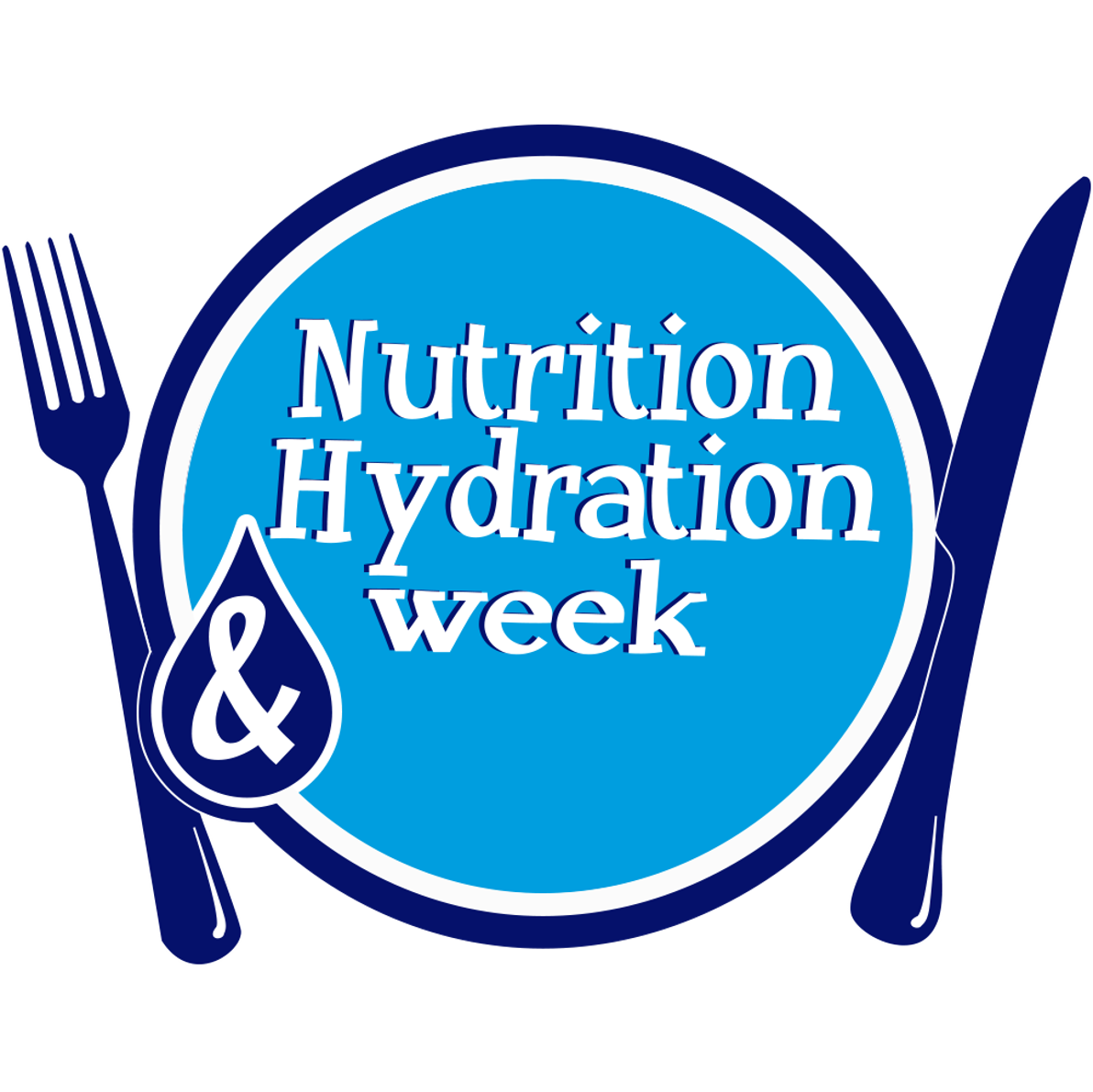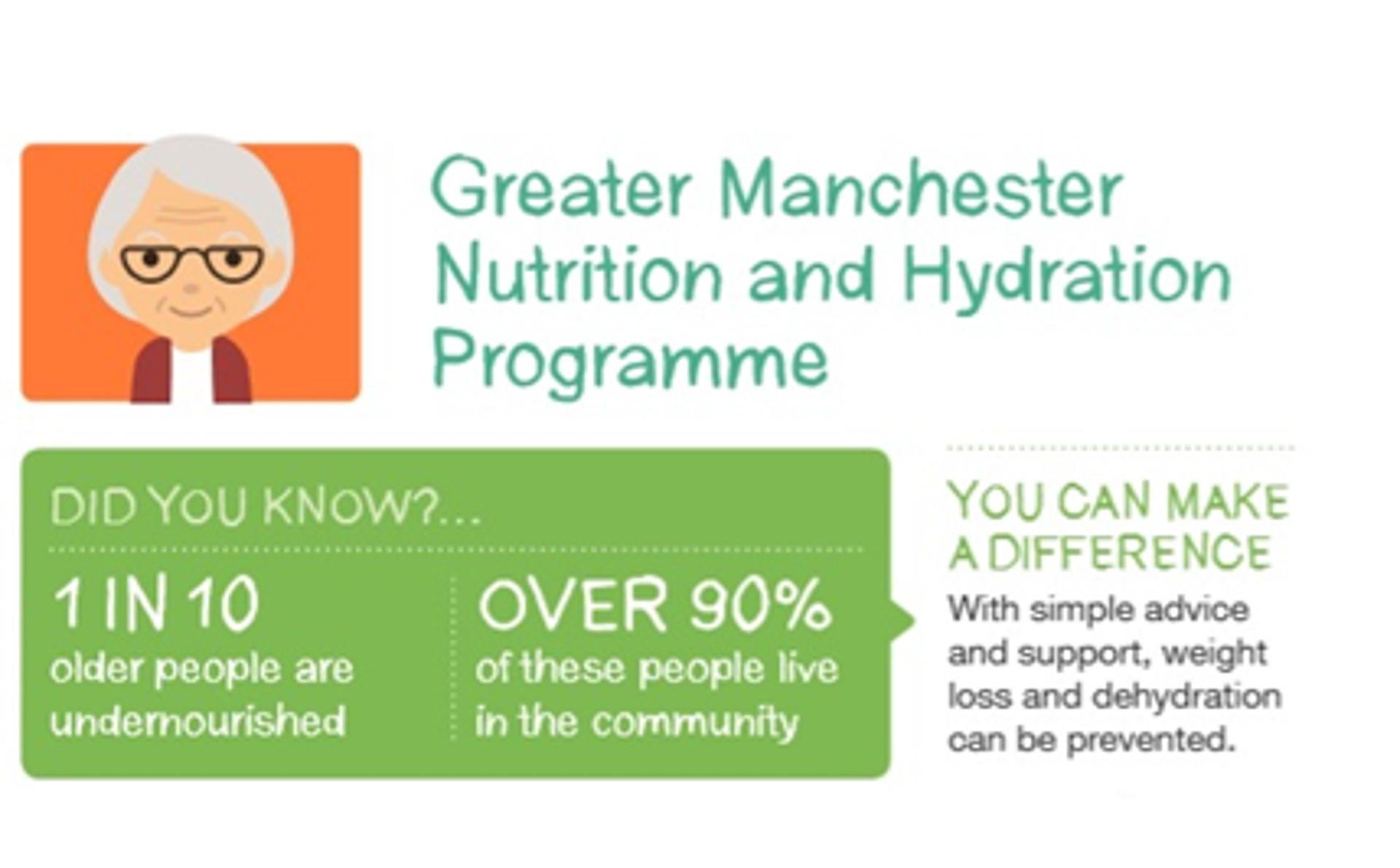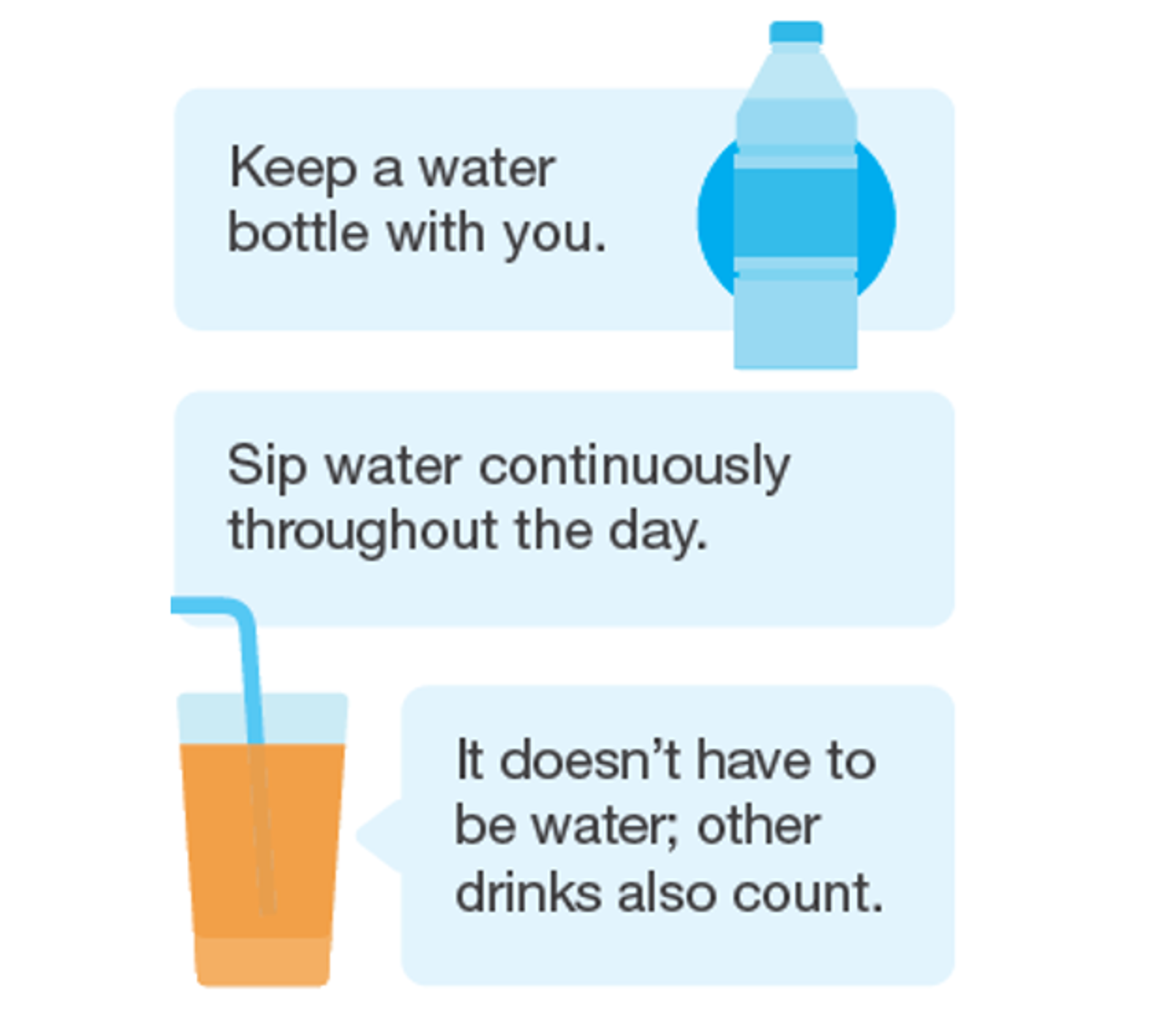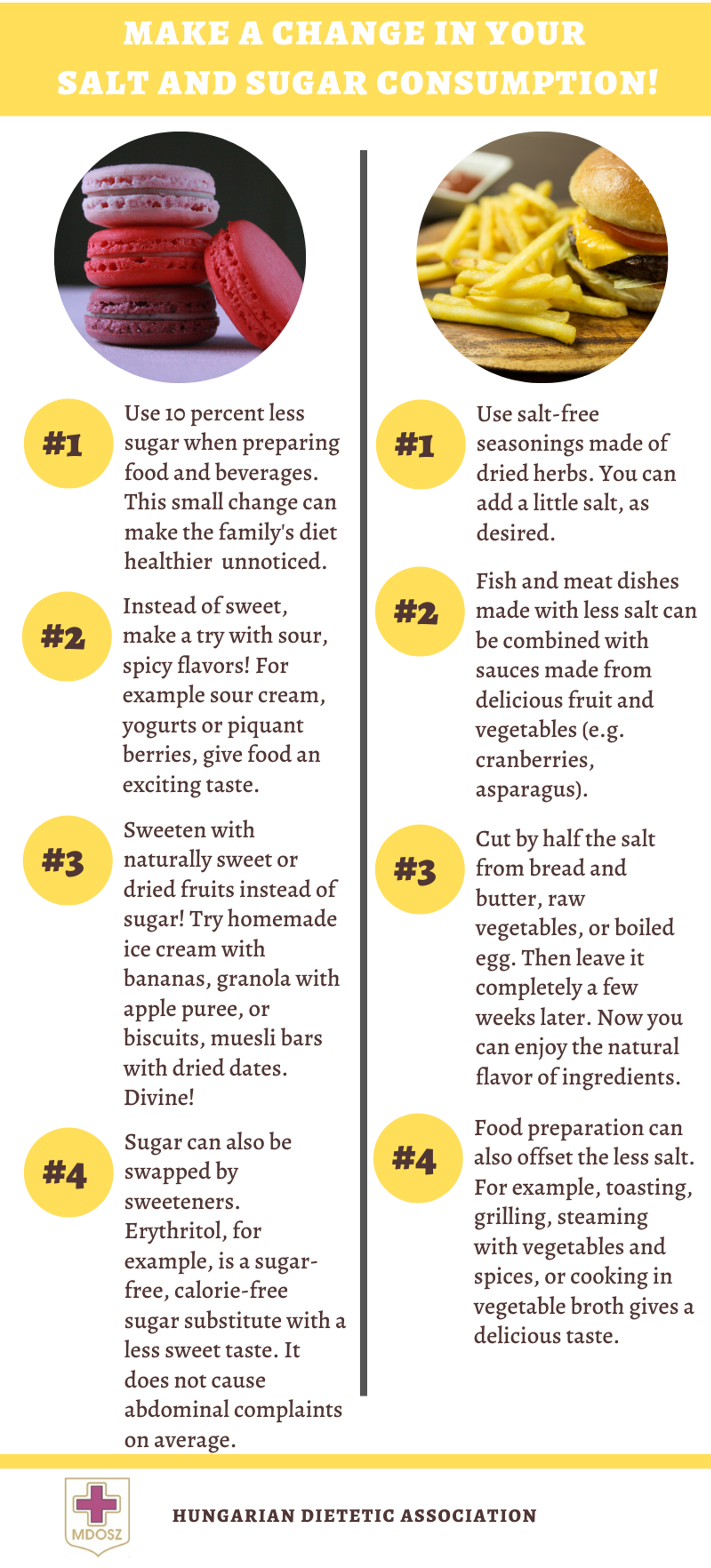Nutrition and Hydration Week

Published: 15/03/2023

Nutrition and Hydration Week | 2023"around 3 million people at risk of malnutrition in the UK we need to engage and promote good practices that can help prevent malnutrition and dehydration"
Preventing malnutrition and dehydration improves health and well-being
and helps to reduce the strain on the health and social care services in treating and supporting those suffering from under nutrition and dehydration.
Below we look into easy ways to support your loved ones to keep hydrated and eating well.

We need to drink 6-8 glasses of fluid a day (1.5 – 2L)
This can be water, fruit teas, squash and other fluids. We naturally lose around 1L of fluid per day so it’s important to aim for this.
Water is vital for our health, our brain is composed of 95% water and makes up 83% of our blood. Water has many functions within our body such as body temperature regulation, delivering oxygen around our body and supporting with our digestion through saliva formation and nutritional components.
It is common for the elderly to have a decreased sense of thirst, it is common for them to also reduce the amount they drink in attempts to reduce the amount of visits to the bathroom. Other risk factors for dehydration include lower fluid content in the body, medications or underlying health conditions.
It is important to know the symptoms of dehydration especially in older people, signs to look out for can include headaches, fatigue, lack of focus, dizziness, dark coloured urine, dry mouth and in some more severe cases, fainting.

Ways to encourage fluid intake:
Take sips of water through the day
Keep a bottle of water near, this can act as a reminder as well as keep a clear indication of how much has been drunk
Make drinking a social activity i.e. sitting down for a tea and a chat
Make sure drinks are available during meal times
Offer foods with high water content such as jelly, soups, fruits such as melon
Unplanned weight-loss can potentially be the first sign of malnutrition
When supporting our loved ones with their nutrition remember that their weight can change as they age, whether it is an increase or decrease, but ultimately, weight should be maintained at a level that is right for them.
Eating nutritional meals can support those who are on medication, some treatments do not work as effectively when an individuals nutrition is poor.
Advice from the NHS suggests to make meals and snacks high in protein, include meat, oily fish, eggs, nuts and full-fat dairy.
Did you know?
Eggs contain the highest quality food protein known. All parts of an egg are edible, including the shell which has a high calcium content

Planning meals can help ensure favourite meals are included, it can make meal times more inviting. When possible try and make them social events and sit down together to eat. Make the meals small so they don’t become overwhelmed with the food on the plate, then eat every 2 to 3 hours, some of these can be high protein snacks instead. Warm milky drinks can help with nutrient intake and calories.
A helpful ways to monitor weight loss without using scales is looking at the visual signs, rings becoming loose, waistbands and clothes starting to become baggy and not fitting well. Eating well not only maintains a healthy weight but also will make the individual feel healthier, stay active for longer and protects them against illness.

Age UK recommend if an individual is struggling to eat enough, it is better to eat something that takes their fancy, even if it is a slice of cake!
Calorie rich, sugary foods can help maintain weight if they begin to lose or are at risk of doing so.
Fortifying foods is a helpful method to add calories into a meal when an individual doesn’t eat big or regular meals. Add full-fat milk, cream or butter to recipies, that way it wont make meals bigger, but adds more calories to them.
For everyone, not just the elderly, follow these tips:
Eat 5 portions of colourful fruit and vegetables. Not sure what a portion is? It’s 80g or a handful.
Aim to eat at least 2 portions of fish a week.
Reduce saturated fat and sugar
Eat less salt- about 3 quarters of the salt you eat is already in the foods when you buy it (cereals, soup, bread and sauces)
Do not skip breakfast. It’s heathy in fibre and supports a balanced diet
Take a look at these advice and support pages for further inspiration:
N&H Week | Nutrition and Hydration Week
8 tips for healthy eating - NHS (www.nhs.uk)
How to feed someone you care for - NHS (www.nhs.uk)
Healthy eating | healthy food and eating well guide | Age UK
